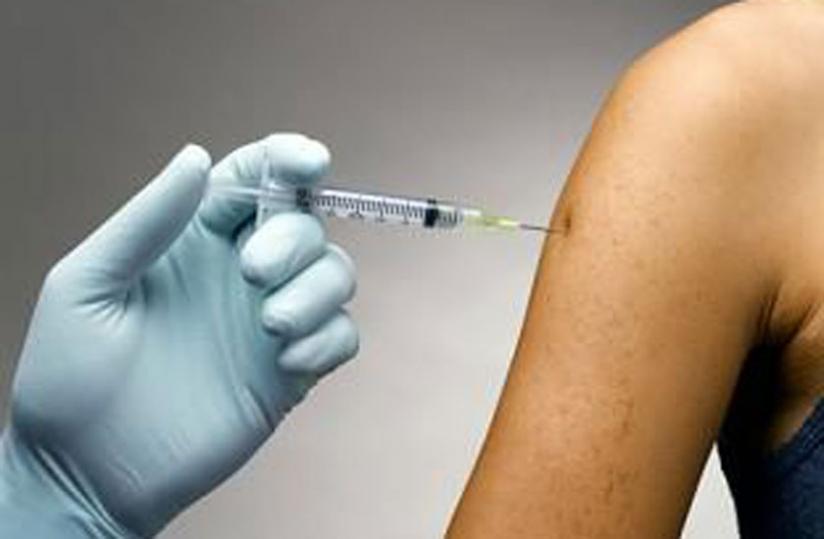Dear Doctor, Although my teenage child got all vaccinations at the right time, he does not have a scar. My friends tell me that if the scars do not show on the upper arm, the shots were not effective and my child could get some of the diseases against which he was immunised. Should I take him back to be immunised? Martha


Dear Doctor,
Although my teenage child got all vaccinations at the right time, he does not have a scar. My friends tell me that if the scars do not show on the upper arm, the shots were not effective and my child could get some of the diseases against which he was immunised. Should I take him back to be immunised?
Martha
Dear Martha,
A scar occurs due to inflammation caused at the site of injection by the vaccination. After the injection, there is inflammation, followed by scar formation during healing, as happens with a wound on any other part of the body.
Such inflammation occurs more with small pox vaccine or TB vaccine (B.C.G.). With eradication of small pox, however, this vaccine is no longer given. B.C.G. vaccine is given in tropical countries, once at birth and then another booster dose and no other. Other vaccines used like DPT, Measles, mumps vaccine, etc. are not so immunogenic so they do not cause much inflammation and resultant scarring. Majority of the young adults today may not be having any scar.
Moreover the immune system of every individual is varies. Hence the reaction of the body to a vaccination and subsequent scarring also varies. There is no need for the child to be revaccinated. A healthy adult with strong immune system and who has taken all vaccines is protected from diseases. The vaccines against viral infections like mumps, measles usually provide life long immunity. Exceptions are people with diminished immunity . Such kind of people are those with conditions like HIV/AIDS infection, uncontrolled diabetes, cancer, kidney failure or any other debilitating illness. Vaccines against bacterial infections like tetanus, usually do not provide absolute life long immunity. But if all shots have been taken, the risk is minimized. Revaccination is taken only if there is a strong risk like if one has been injured by a rusted object or a wound contaminated by mud.
Dr Rachna Pande is a specialist in internal medicine at Ruhengeri Hospital


